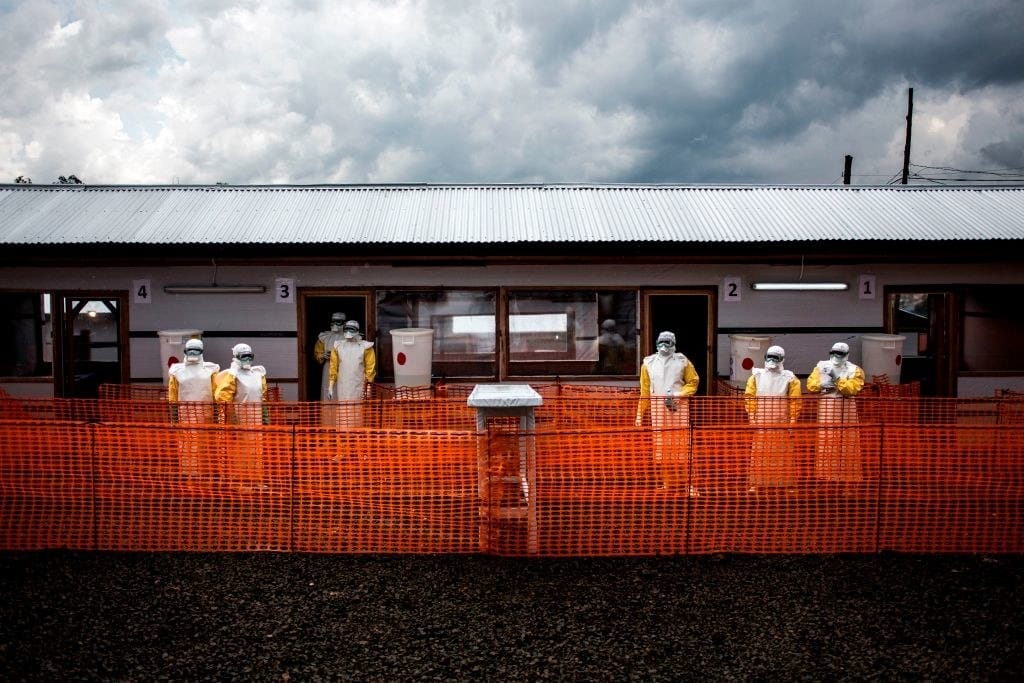The recent uptick in Norovirus cases has raised concerns among health officials and the general public alike. Norovirus, often referred to as the “winter vomiting bug,” is a highly contagious virus that causes gastroenteritis, leading to inflammation of the stomach and intestines. It is notorious for its rapid spread, particularly in crowded environments such as schools, nursing homes, and cruise ships. Understanding the symptoms, transmission methods, and preventive measures is crucial in mitigating the impact of this virus.
The primary symptoms of Norovirus infection include sudden onset of vomiting, diarrhea, stomach cramps, and nausea. These symptoms can manifest within 12 to 48 hours after exposure to the virus. In some cases, individuals may also experience fever, headache, and body aches. The severity of symptoms can vary, with some people experiencing mild discomfort while others may suffer from intense illness. It is important to note that while Norovirus can affect individuals of all ages, young children, the elderly, and those with weakened immune systems are at a higher risk for severe complications, including dehydration.
Norovirus spreads easily through contaminated food and water, as well as through direct contact with an infected person or surfaces contaminated with the virus. The virus can survive on surfaces for several days, making thorough cleaning and sanitization essential in preventing outbreaks. It is particularly resilient in environments where food is prepared or served. Ingesting even a small amount of the virus can lead to infection, which is why good hygiene practices are critical.
Health experts recommend several preventive measures to reduce the risk of Norovirus infection. Frequent handwashing with soap and water is one of the most effective ways to prevent the spread of the virus. Alcohol-based hand sanitizers may not be as effective against Norovirus, so it is advisable to wash hands thoroughly, especially after using the restroom or before preparing food. Additionally, individuals should avoid close contact with those who are sick and should refrain from sharing personal items, such as utensils and towels.
In the event of a Norovirus outbreak, it is crucial for affected individuals to stay home and avoid public places until at least 48 hours after their symptoms have resolved. This helps to prevent further transmission of the virus. If symptoms are severe or if dehydration occurs, it is important to seek medical attention. Symptoms of dehydration can include dry mouth, dizziness, decreased urination, and extreme fatigue.
Food safety is another critical aspect of preventing Norovirus infections. Individuals should ensure that they wash fruits and vegetables thoroughly and cook seafood to safe temperatures. It is also advisable to avoid preparing food for others while experiencing symptoms of Norovirus, as this can significantly increase the risk of spreading the virus.
Public health officials play a vital role in managing Norovirus outbreaks. They monitor cases, provide guidance on prevention, and implement control measures in affected communities. In institutional settings, such as schools and nursing homes, it is essential to have protocols in place for reporting and managing outbreaks, including isolation of affected individuals and enhanced cleaning procedures.
The surge in Norovirus cases serves as a reminder of the importance of public awareness and education regarding this highly contagious virus. By understanding the symptoms, transmission methods, and preventive measures, individuals can take proactive steps to protect themselves and others from infection. As the colder months approach, when Norovirus outbreaks are more common, it is particularly important to remain vigilant and prioritize hygiene practices.
In conclusion, the rise in Norovirus cases highlights the need for increased awareness and preventive measures. Recognizing the symptoms, practicing good hygiene, and adhering to food safety guidelines are essential in combating the spread of this virus. By working together and staying informed, communities can help mitigate the impact of Norovirus infections and protect vulnerable populations.


